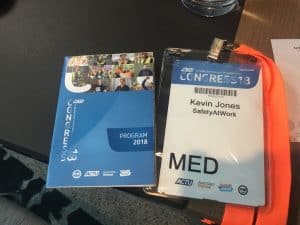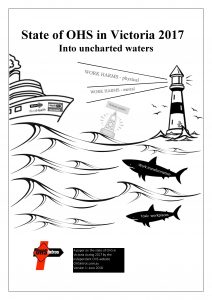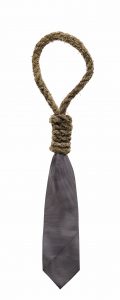 Registration has been completed for the triennial Congress of the Australian Council of Trade Unions (ACTU). Drinks tonight, presentations tomorrow.
Registration has been completed for the triennial Congress of the Australian Council of Trade Unions (ACTU). Drinks tonight, presentations tomorrow.
I will provide as much information as I can but the Congress has placed some limitations on media representatives, all 15 of us, as they are entitled to, but……..
The opening reception this evening will have actor

 Governments use legislation and the threat of punishment as a deterrent for dangerous actions and poor decision-making. Imposing harsh consequences is hoped to change the behaviour of companies and individuals. Occupational health and safety (OHS) laws are no different with deterrence being used to justify the introduction and enforcement of
Governments use legislation and the threat of punishment as a deterrent for dangerous actions and poor decision-making. Imposing harsh consequences is hoped to change the behaviour of companies and individuals. Occupational health and safety (OHS) laws are no different with deterrence being used to justify the introduction and enforcement of  South Australia’s occupational health and safety (OHS) regulator,
South Australia’s occupational health and safety (OHS) regulator, 

 Several of the articles in the Safety At Work special edition on Industrial Manslaughter mentioned in
Several of the articles in the Safety At Work special edition on Industrial Manslaughter mentioned in